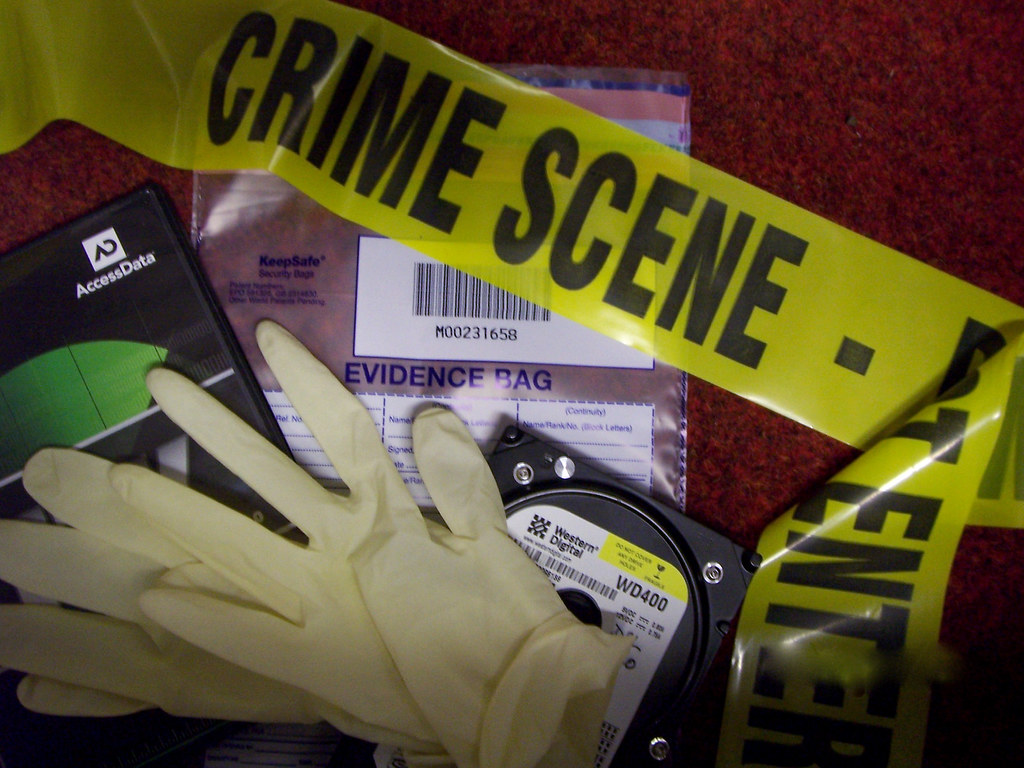Using the panel discussions of the most
recent World Science Fiction Convention in Kansas City in August 2016 (to which
I was invited and had a friend pay my membership! [Thanks, Paul!] but was
unable to go (until I retire from education)), I will jump off, jump on, rail
against, and shamelessly agree with the BRIEF DESCRIPTION given in the pdf copy
of the Program Guide. This is event #2198. The link is provided below…
Panel Experts
discuss what is current in the methods and technology of analyzing scientific
evidence, and suggest where it might go next.
Jason Sanford:
Midwesterner and writer of Science Fiction Strange, he’s won lots of awards.
Alistair Kimble
(M): Special Agent with the FBI and a writer…hmmmm…maybe qualified?
Jack Campbell Jr.:
Writer of Dark Fiction (so says his website title…)
Diana Rowland:
Writer of demons and zombies (and though I haven’t read one, it seems that they
have a twist of sarcastic humor…that’s what the covers imply to me…)
Anna Yeatts:
author of short fiction all over the place!
Let me just say
right here that I love forensics.
I used forensics to
assess students in my special education science classes at the end of the
school year. I taught several special classes at my middle school using forensics to
find out who killed the school principal. I have in my possession an FBI manual
describing various ways people die and how they are classified in the report
every agent has to write.
Let me also say
that I NEVER thought to use my love to write a science fiction story involving
forensics! Weird, huh?
So – what’s NOW in
forensic research and where might it go in the future?
Certainly, gel electrophoresis is a contemporary
tool in forensics that’s used to separate mixtures of DNA, RNA, or proteins
according to molecular size. In gel
electrophoresis, the molecules to be separated are pushed by an
electrical field through a gel that
contains small pores. After treatment, the end result is banding in the gel.
How could that be “future-fied”?
How about speeding up the process? How might that happen? Could you play around
with amperage and voltage? Amps are a unit of charge, (the coulomb) that is the
quantity of electricity carried in 1 second by a current of 1 ampere.
Conversely, a current of one ampere is one coulomb of charge going past a given
point per second; and voltage is electric potential difference, electric
pressure or electric tension is the difference in electric potential energy
between two points per unit electric charge. Maybe with new materials we could
push that up; maybe make it in the detective’s head?
How about a “gun”
that fires a cartridge full of nanobots that spread out and begin to process
evidence at a scene immediately? Of course, what if a criminal gets hold of the
programming? What’s to keep the nanobots from destroying or altering evidence…and
(IDEA!) what if a Human detective had to work with a Gwelch detective – and the
Gwelch, being a multi-organism, communal creature whose individual members look
like cockroaches; work like millimeter-bots, sampling a site by eating things on
it and processing, then passing on findings to the greater organism? This would
work for trace evidence analysis, evaluation of body fluids, and compound
determination, such as drugs or other hazardous chemicals.
In something
called fluorescence spectroscopy, forensic technicians can determine the amount
of light emitted after absorption to give information on the components of the
sample. Recent developments allow for fluorescent nanosensors that allow the
measurement of oxygen in biological fluids such as blood, interstitial fluid,
and cerebral spinal fluid. How this could be USED, I have no idea!
However, I CAN
imagine something that appears an accident in the power unit of a ship,
station, or colony and these futuristic detectives using an inductively
coupled plasma/mass spectrometry (ICP/MS). “Under the best conditions, ICP/MS
detects elements down to the parts-per-quadrillion level.”
I’d have loved to
be at this session, but you’ll have to excuse me, I had a “tiny idea” written down
somewhere that’s just exploded into my head as a workable idea for a story!
Source material: http://www.labcompare.com/Forensic-Laboratory-Equipment/


No comments:
Post a Comment